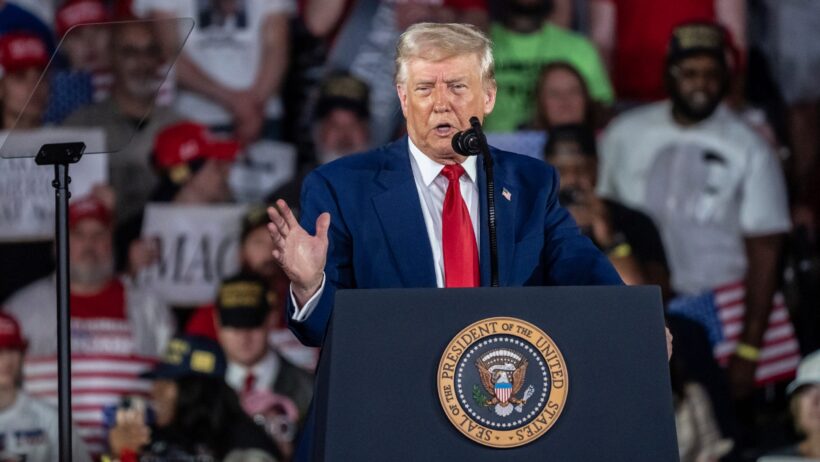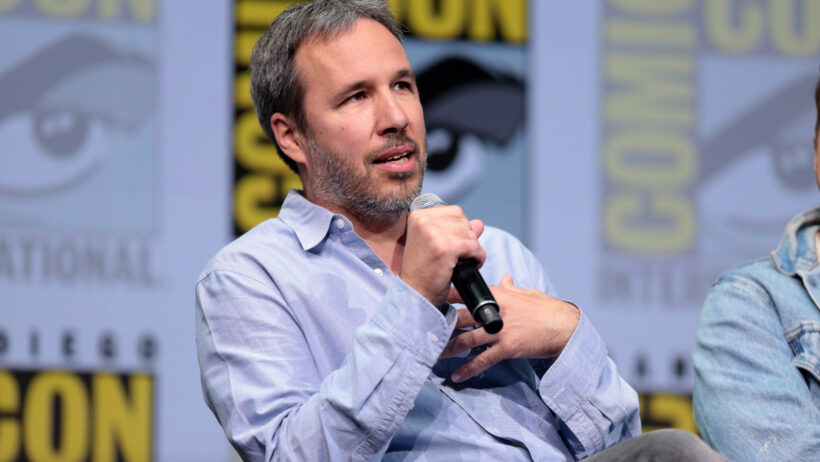Massachusetts Attorney General’s Office Issues Cease-and-Desist to Bovada
By Robert Linnehan in Sports Betting News
Published:

- The Massachusetts Attorney General’s Office has issued a cease-and-desist letter to Bovada
- The notice was sent to Harp Media B.V. and Hove Media
- The letter claims Bovada offers casino games and sports betting without a license in the state
After months of speculation, even from the state’s own gaming regulators, the Massachusetts Attorney General’s Office today announced that it has issued a cease-and-desist letter to Harp Media B.V. and Hove Media, collectively known as Bovada.
According to the letter, Bovada operates an illegal sports betting and gambling website without a license in the Commonwealth.
The attorney general’s office claims Bovada is in violation of state consumer protection laws.
Bovada Portraying Self as “USA-Based” Operator
According to the letter, Bovada is violating state gaming and sports betting laws by portraying itself to Massachusetts residents as a “USA-based” gambling operator, inducing Commonwealth consumers to participate in illegal and unregulated forms of gambling.
The Massachusetts Attorney General’s Office is demanding Bovada immediate cease its services and refund users in the form of U.S. currency.
“Since 2011, Bovada has presented itself as a legitimate American gambling operator, but without any proper Massachusetts license. Unlicensed operators pose a substantial danger to consumers because they do not go through the same rigorous review as licensed operators, have limited or no protections against gambling addiction and underage play, and do not provide consumers with reliable access to their funds since most unlicensed operators are offshore,” the Attorney General’s Office noted in a press release.
Bovada’s presence in the state has also been on the radar of the Massachusetts Gaming Commission for several months. Earlier this week, the commission noted during an agenda setting meeting that it still needed to discuss the issue of illegal sports betting markets with the Attorney General’s Office during a public meeting.
Commissioner Nakisha Skinner actually requested the MGC discuss sending Bovada a cease-and-desist letter earlier this year.
“Are there any steps we may want to take as a commission? Just with the understanding that our hands are somewhat tied, but I think it’s worth the discussion of maybe sending a cease-and-desist letter of our own. I know there are some jurisdictions that are holding their vendors accountable, making an inquiry as to whether they’re doing business with these illegal markets,” she said.
Bovada Will Likely Now Leave Massachusetts
A pattern has emerged with Bovada and states that want the operator out of its boundaries. State gaming commissions will send a cease-and-desist notice to the illegal gaming company, Bovada will never acknowledge receipt of the notice, and then one day will randomly add the state to its list of restricted markets.
Two weeks ago, Bovada restricted access in Kansas, Louisiana, and Pennsylvania. All three states had sent the illegally operated offshore gaming company a cease-and-desist notice, Bovada never acknowledged receipt of the notice, and then added the states to its list of restricted markets without any notice.
The offshore operator currently restricts access in 13 states and Washington, D.C. The restricted U.S. markets are as follows:
- Nevada
- New Jersey
- New York
- Maryland
- Delaware
- Michigan
- Colorado
- West Virginia
- Connecticut
- Washington, D.C.
- Ohio
- Louisiana
- Kansas
- Pennsylvania

Regulatory Writer and Editor
Rob covers all regulatory developments in online gambling. He specializes in US sports betting news along with casino regulation news as one of the most trusted sources in the country.



